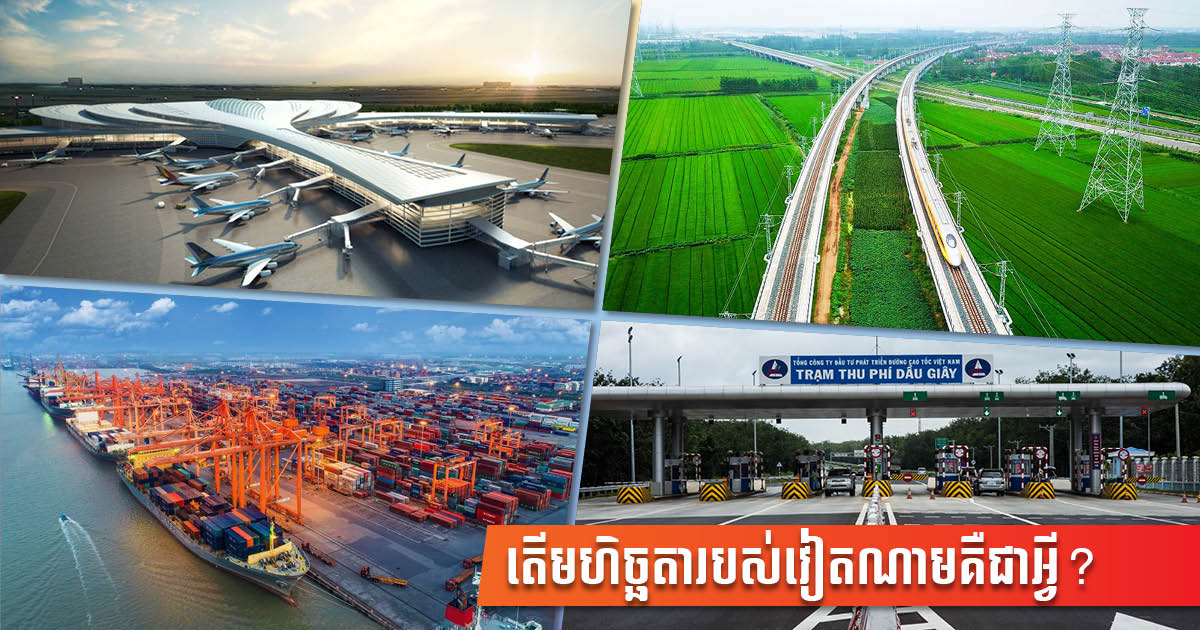In Q1 2024, Cambodia imports construction materials worth nearly US$350 million
In the first quarter (Q1) of 2024, Cambodia imported US$349 million worth of construction materials, an increase of 22.24 percent compared to the same period last year, according to data from the General Department of Customs and Excise. A report issued recently showed that iron and steel imports amounted to US$166 million in the first […]
Chinese Developer Shimao Faces Liquidation Order Over US$200Mil Loan
Chinese property developer Shimao Group is facing a liquidation petition filed by China Construction Bank (Asia) over a financial obligation of HK$1.6 billion (US$204 million), according to the company’s statement released on Monday and updated by Business Times Apr 8, 2024. In a filing to the Hong Kong Stock Exchange, Shimao Group announced its intention […]
World Bank Forecasts 4.6% Growth for Developing Asia in 2024, Despite China Declines from 5.2% to 4.4%
The World Bank has projected a growth rate of 4.6% for developing Asia-Pacific countries, excluding China, in 2024, as outlined in their recent economic report released and updated by Asia.nikkei on April 1, 2024. Despite China’s economy moderating to 4.5% from last year’s 5.2%, trade recovery is expected to drive growth in the region, surpassing […]
2024 – Cambodia succeeds in its campaign to reduce the use of plastic because the volume of imports decreased by 75%
By the first quarter of 2024, the volume of plastic imports into Cambodia has decreased by about 75%, while this decrease shows that the implementation of the campaign to reduce the use of plastic in the past has been successful. This is according to the announcement of the Ministry of Environment on April 10, 2024. […]
Cambodia’s 2024 Economic Outlook: Seasia Stats Projects 6.1%, Gov’t Forecasts 6.6%, WB Predicts 5.8%
Cambodia’s economy is set to achieve robust growth in 2024, with a forecasted expansion of 6.1%, marking the highest figure among ASEAN nations and placing it as the third-highest in Asia. This projection, updated by the Indonesian statistics institute Seasia Stats and reported by RFI on April 7, 2024, underscores Cambodia’s remarkable economic resilience and […]
China’s Real Estate Evolution: Lessons for Asia’s Economic Balance
China’s real estate sector has undergone a profound transformation, transitioning from a state-dominated model to a market-oriented approach, mirroring broader shifts in the Asia Pacific region. A detailed analysis of the changing real estate market impact on the Asian market by Kaize Zhu, a researcher at NUS University in Singapore and published by Eastasiaforum on […]



 ខ្មែរ
ខ្មែរ







